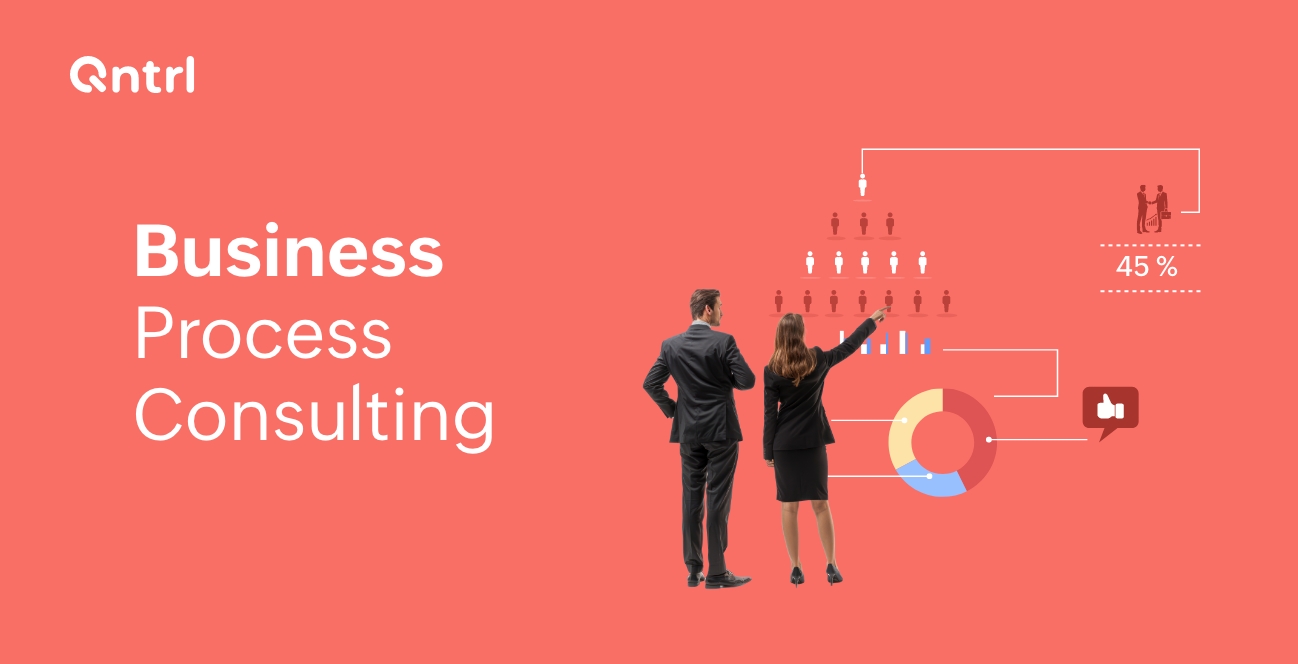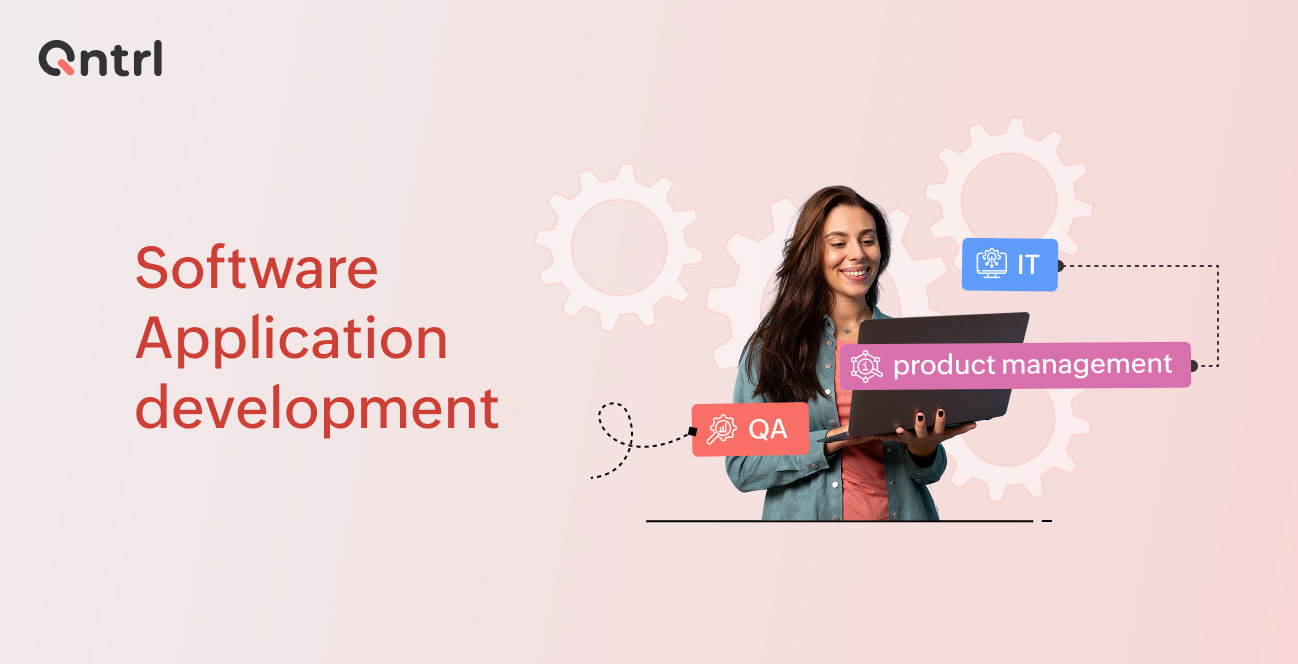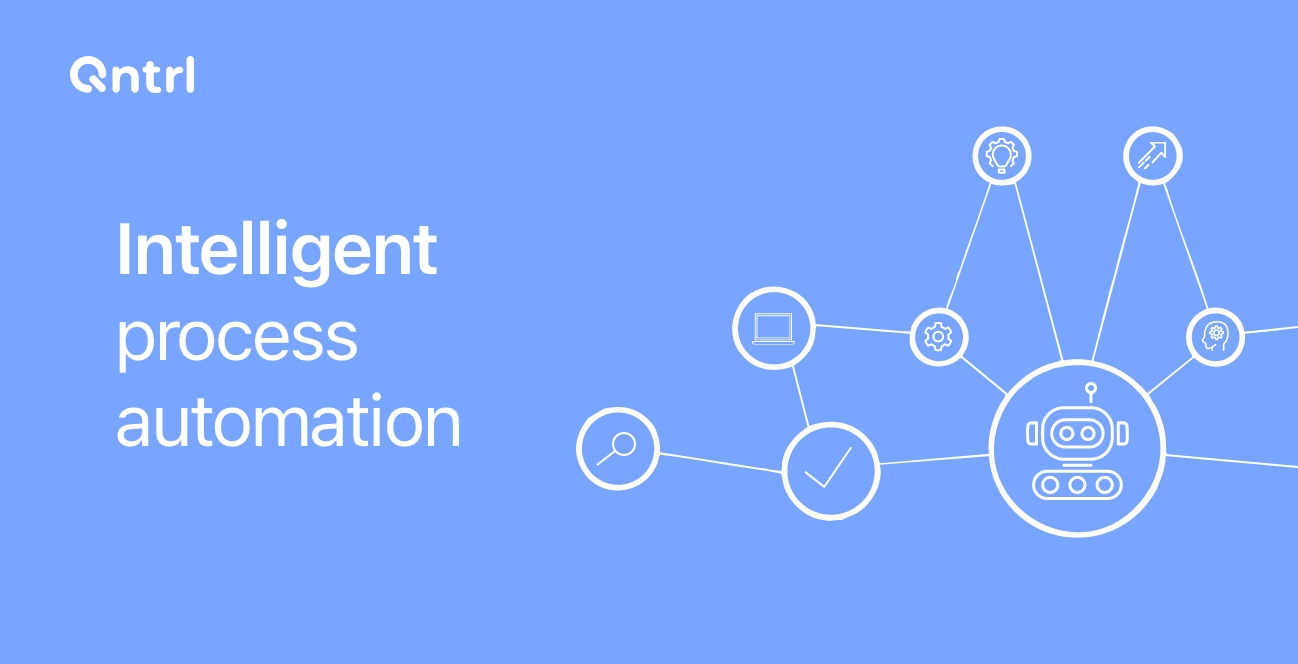Business process consulting in 2025: What It Is, why It matters, and who’s doing It best

Business process consulting is centered on improving an organization's operations by analyzing, rethinking, and refining how people, systems, and technology interact.
By aligning everyday operations with both short-term tasks and long-term strategic goals, BPM consulting ensures that organizations function more efficiently, productively, and purposefully.
The role of business process consultants
Business process consultants function as strategic advisors who deliver operational clarity to complex workflows. The consultants work hand in hand with employees to understand how processes operate in practice while using process data mining and process mapping and stakeholder interviews as their tools.
The main objective involves identifying performance issues such as delays and redundancies and bottlenecks to create well-informed recommendations that lead to direct outcome improvements.
Why external experts make a difference
Hiring external consultants introduces an unbiased lens into process improvement. They assess organizational workflows without the internal biases or blind spots that may hinder progress. Their external perspective allows for the following:
Clearer analysis of inefficiencies.
More informed benchmarking against industry best practices.
A neutral stance when navigating internal resistance to change.
Strategic vs. operational BPM consulting
Business process consulting takes on different dimensions based on an organization's maturity and strategic intent.
Strategic BPM focuses on aligning processes with long-term organizational objectives, establishing cross-functional governance, and setting direction for transformation at scale.
Operational BPM, conversely, deals with refining existing workflows for consistency, reducing manual intervention, and boosting day-to-day efficiency.
Both approaches often work in tandem, evolving as business needs shift.
Why modern organizations rely on BPM consultants
The pace of change—fueled by technology, competition, and evolving customer demands—has made process agility a business imperative. BPM consultants help organizations adapt by replacing outdated systems and habits with scalable, modern solutions. This transformation enables:
Faster decision-making
Better risk management
Improved alignment between internal capabilities and external market demands
Key industries leveraging BPM consulting
BPM consulting is not industry-specific—it applies wherever processes need clarity and improvement. Some sectors have seen especially high impact:
Healthcare: Reducing administrative friction, improving care coordination, and meeting strict compliance standards
Finance: Enhancing transactional accuracy and reducing turnaround time through automation
Government: Increasing transparency, minimizing delays in citizen services, and simplifying regulatory compliance
Utilities: Managing large-scale operations with automation to reduce downtime and service disruptions
The BPM consulting lifecycle
BPM consulting follows a deliberate, phased methodology to drive improvement:
Discovery – Gathering current process data through interviews, workshops, and tools
As-is analysis – Mapping existing workflows to identify inefficiencies
Process modeling – Using BPMN or EPC frameworks to visualize improvements
Design of to-be processes – Creating optimal future-state workflows
Implementation – Deploying redesigned processes through automation or human resource realignment
Monitoring – Embedding KPIs to ensure continuous performance and accountability
This iterative lifecycle enables processes to evolve over time rather than remain static.
Understanding the “as-is” vs. “to-be” transformation
BPM consultants rely on structured comparisons between how processes work now (as-is) and how they should ideally function (to-be). This transformation involves identifying pain points in the current system and developing a realistic roadmap to improve those areas—without disrupting mission-critical operations.
Why modeling, rules, and standards matter
The implementation of standardization in process modeling functions as an essential factor for maintaining ongoing improvement activities. BPM consultants create modeling conventions and frameworks and documentation practices which ensure clear communication between teams and departments.
The established standards function as reference points while preventing ambiguity during organizational growth.
Making performance measurable: The KPI connection
No BPM initiative is complete without a strong feedback loop. Performance metrics—KPIs—are embedded in redesigned processes to help teams track improvements in efficiency, turnaround time, quality, and compliance. This allows leadership to measure ROI from consulting engagements and identify where additional support is needed.
Driving change through digital tools
Technology integration is a key lever in BPM. Consultants identify where automation, data intelligence, or digital platforms can simplify work. Whether it’s automating invoice processing, using CRM systems for better customer engagement, or integrating ERP platforms for streamlined supply chains, BPM consultants ensure tech solutions are aligned with business outcomes.
Designing processes around the customer
Service design is an increasingly important element in process consulting. BPM consultants help businesses reshape their internal workflows based on customer expectations.
This outward-in approach ensures processes not only function efficiently but also deliver better user experiences, improving brand perception and loyalty.
Improvement doesn’t always mean new tech
While digital tools offer benefits, not every improvement requires a major investment. In many cases, simple refinements in communication loops, role clarity, or approval chains can significantly impact.
BPM consultants identify these low-hanging opportunities, making process transformation accessible even for resource-constrained businesses.
Knowing when to bring in external expertise
Internal teams may have operational knowledge, but they can struggle to see the bigger picture or challenge entrenched habits. External BPM consultants bring cross-industry experience, proven methodologies, and a structured approach. They’re especially useful when:
Internal improvement efforts have plateaued.
Speed of change is critical.
Objective, third-party validation is required.
Tools and methodologies that guide BPM work
Several tried-and-tested methodologies underpin BPM engagements:
Lean Six Sigma: Combines speed and precision to eliminate waste and reduce errors.
Change management: Addresses the human side of transformation, ensuring staff embrace new processes.
Total Quality Management (TQM): Promotes continuous improvement by involving all employees in quality efforts.
Consultants choose the right approach based on culture, industry, and business size.
Choosing the right BPM consultant
Not all consultants are created equal. Look for qualities that ensure value:
Experience and industry knowledge: Relevance to your sector is key.
Flexible methodology: This should align with your organizational culture and maturity.
Customization: Solutions must be tailored, not templated.
Strong communication: To bridge gaps between teams and drive alignment.
Industry leaders in BPM consulting services
Virtusa
Virtusa delivers comprehensive digital engineering and IT services, supporting organizations in modernizing legacy infrastructures and driving large-scale transformation initiatives.
By integrating business strategy, experience design, and data-centric methodologies, Virtusa empowers clients to bring innovative solutions to the market and achieve sustainable growth through well-established frameworks and tools.
Accenture
Accenture is a recognized professional services firm that offers comprehensive BPM services spanning process lifecycle management, process mining, and automation. Their approach integrates strategy, design, execution, and monitoring to optimize business processes across various industries.
Bain & Company
Bain provides transformational techniques such as Zero-based Redesign, Lean Six Sigma, and Total Quality Management. They utilize innovative process discovery and mining technologies to assess and enhance the efficiency of business processes, delivering functional expertise that captures value across organizational boundaries.
Deloitte Consulting
Deloitte employs innovative approaches to transform and modernize enterprises. Their BPM consultancy leverages new technologies to drive product and service enhancements, accelerate time to market, and improve financial performance.
Capgemini
A Paris-based multinational technology and consulting firm, Capgemini offers value-added BPM consulting services that help accelerate growth and performance. Their major services include Capgemini Invent, Engineering, Q-Lab, and Sogeti.
Cognizant
Cognizant is an American multinational IT service and consulting company that designs and delivers process automation solutions. Its consultants help organizations connect processes, people, and technology to boost performance, employing a process-led and design-centric approach with expertise in intelligent automation technologies.
BP3 Global
Founded in 2007 and headquartered in Texas, BP3 Global is a leading automation service and solutions provider specializing in robotic process automation (RPA), AI, machine learning, intelligent document processing, application modernization, and application support.
They are experts in enterprise user experience design, design thinking, and business process automation.
Tata Consultancy Services (TCS)
An Indian multinational technology giant founded in 1968, TCS provides expert services in BPM consulting, automation, BPO, and other technological services tailored for the digital transformation of enterprises across various industries. Their major clients include Apple, Microsoft, Walgreens, and CBS.
Protiviti
Protiviti is a global consulting firm that offers services in internal audit, risk and compliance, technology, and business processes. They assist organizations in identifying, measuring, and managing operational and technological risks, providing insights that enhance business performance.
The Hackett Group
The Hackett Group provides business process improvement strategies through process benchmarking to ensure cost optimization and operational excellence. Their methodologies help organizations evaluate the efficiency and effectiveness of current processes compared to industry leaders.
A foundation for continuous improvement
Engaging with a BPM consultant is not just about fixing processes but building a more responsive, adaptable organization. With the right strategy, tools, and mindset, BPM consulting can help teams stay aligned with business goals while continuously evolving to meet new challenges.
If you're beginning your BPM journey and searching for a flexible yet powerful solution, try Qntrl. Whether you're a growing team or an enterprise, it’s designed to simplify workflows, automate key processes, and elevate overall operational performance.
Book a demo today to explore how Qntrl can support your organization’s transformation.
Enjoying your reading?
Enjoy organization and visibility too!
Qntrl can help you organise, control and improve production and projects in your team.







